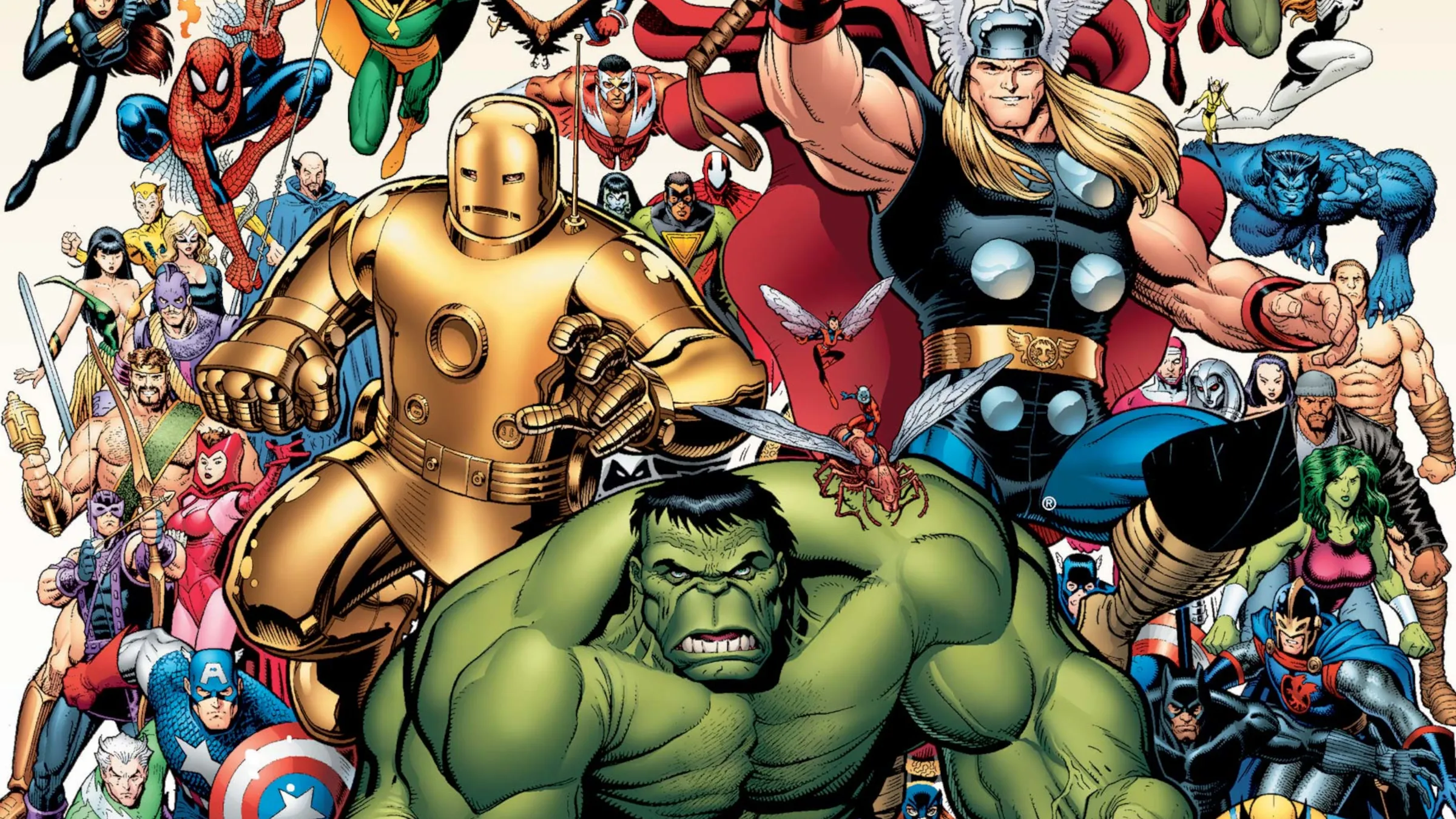
The Avengers are a cornerstone of Marvel, both in comics and thanks to their huge success in the Marvel Cinematic Universe. They’re incredibly well-known, and fans love seeing them battle villains to protect the world. But with so much history and popularity, it’s easy for misunderstandings and rumors to spread. No one can keep up with every single comic book, so fans often piece together information from what they’ve seen and heard, which can sometimes lead to confusion.
It’s understandable that incorrect information spreads, but it’s problematic when fans start believing it’s true. Today, we’ll be looking at five common misconceptions about the Avengers and explaining why they aren’t accurate. Let’s dive right in!
5) Thanos Is Their Archenemy

The conflicts between Thanos and the Avengers have created some of Marvel’s most iconic moments. However, many fans who are new to the comics or only know the movies think the Avengers have always fought Thanos. That’s not quite right. Thanos first appeared as a villain for Iron Man, but he quickly became the main enemy of Adam Warlock. The Avengers’ biggest rival has traditionally been either Ultron or Kang the Conqueror – I personally think Ultron fits that role best. While Thanos is definitely a powerful and frightening opponent for the Avengers, he doesn’t share the same long, complicated history with the team as their true archenemy.
4) Captain America Was a Founding Member
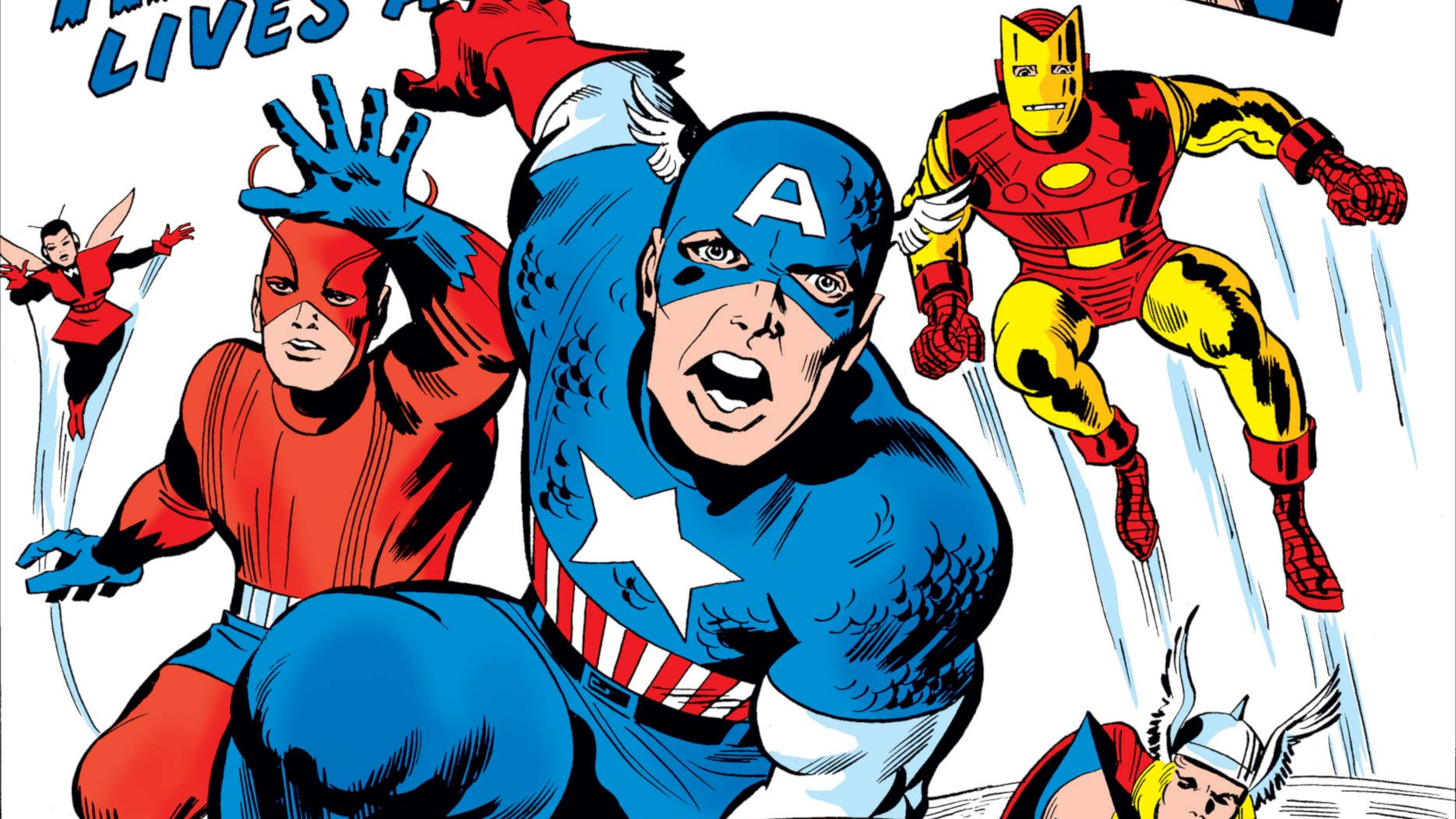
Captain America is widely seen as the Avengers’ leader, the one everyone relies on in a crisis, and he’s been with the team for a long time. However, he wasn’t actually one of the original Avengers. He joined in issue #4 of Avengers (1963), which was very early on, but not at the very beginning. Although he’s become a core member, he just missed being a founding Avenger.
3) They’re At Odds With the X-Men
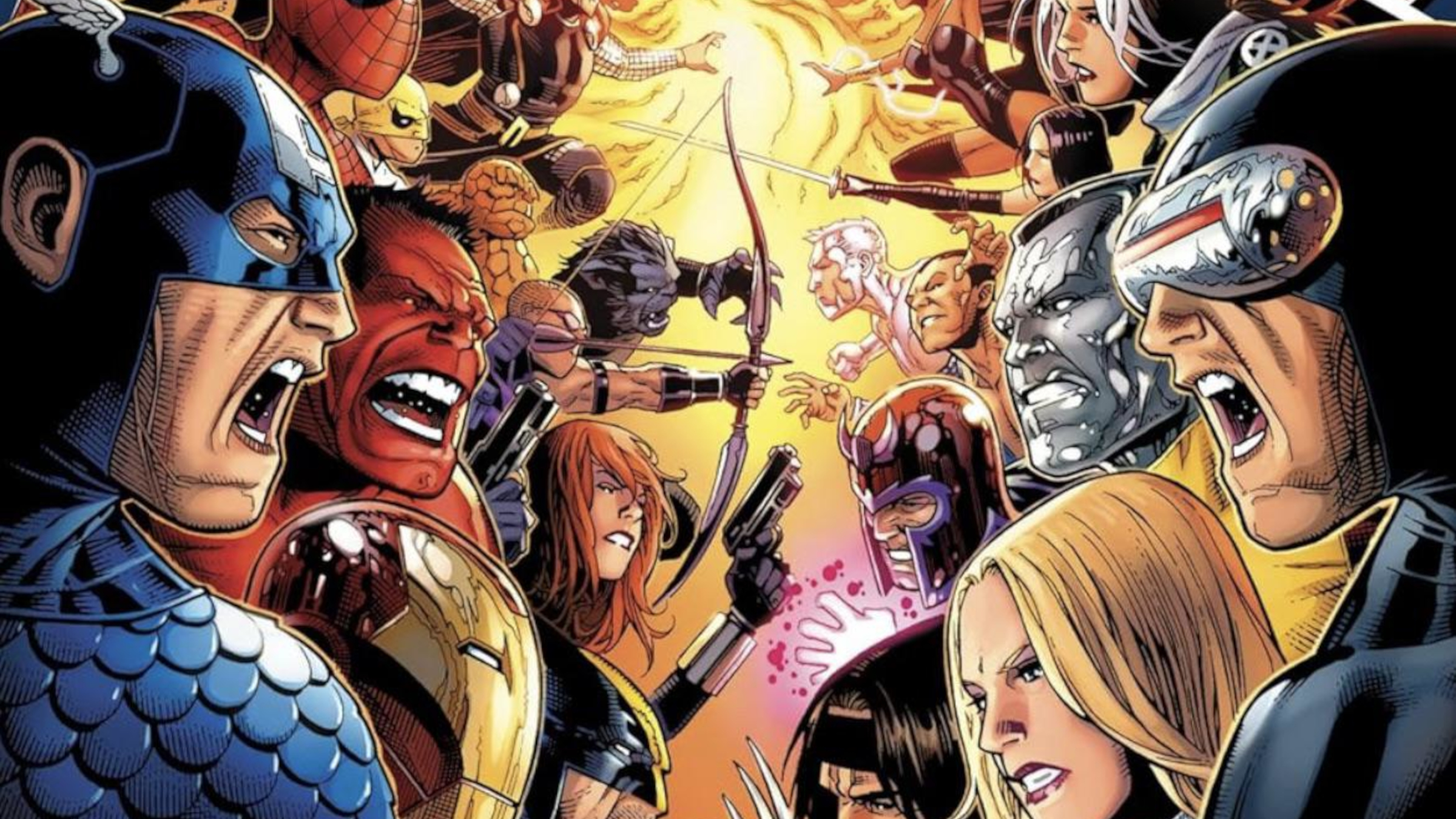
It’s a common idea among fans that the X-Men and Avengers are constantly fighting, and some even believe heroes like Captain America dislike mutants, which isn’t accurate. While they have clashed, these conflicts are often just created to move the story forward. Honestly, the events of Avengers vs. X-Men didn’t feel realistic for either team. The reason the Avengers and X-Men rarely help each other isn’t animosity – they’re both usually dealing with their own crises. Plus, readers of X-Men comics want to see the X-Men solve their own problems, and Avengers readers feel the same way.
2) Hulk Is a Mainstay Member
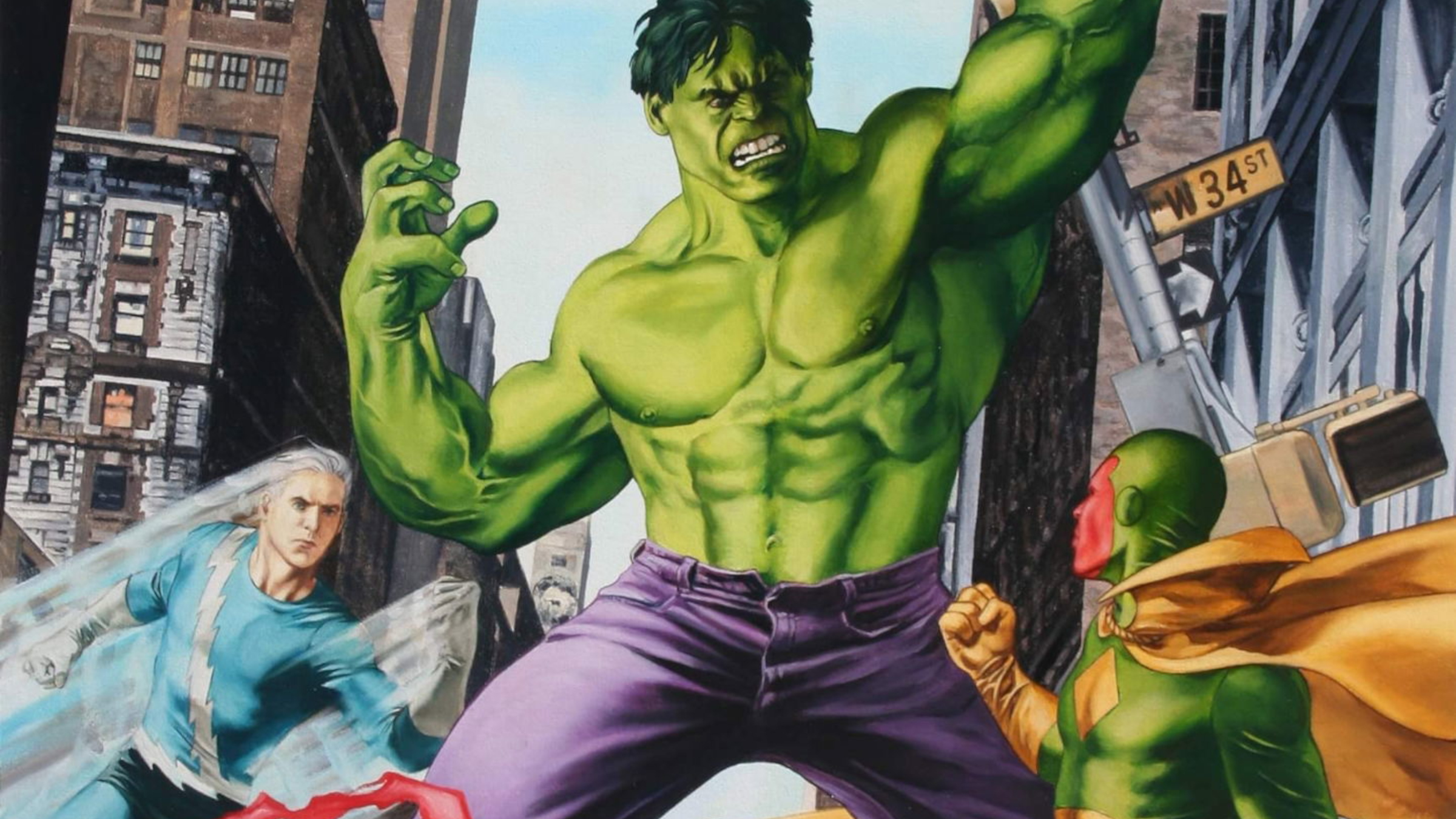
Although many people think of the Hulk as a central Avenger, he’s actually been off the team far more often than he’s been a member, and has even fought against them on occasion. It’s easy to see why people consider him a core member – he was there at the beginning and played a big role in some of the Avengers’ most famous stories, especially with his portrayal in the Marvel Cinematic Universe. However, the Hulk left the team very early on, in Avengers #2 back in 1963, and didn’t return for almost a hundred issues. While his time with the team during Jonathan Hickman’s run was highly popular, those periods are exceptions, not the norm.
1) They Have a Standardized Roster
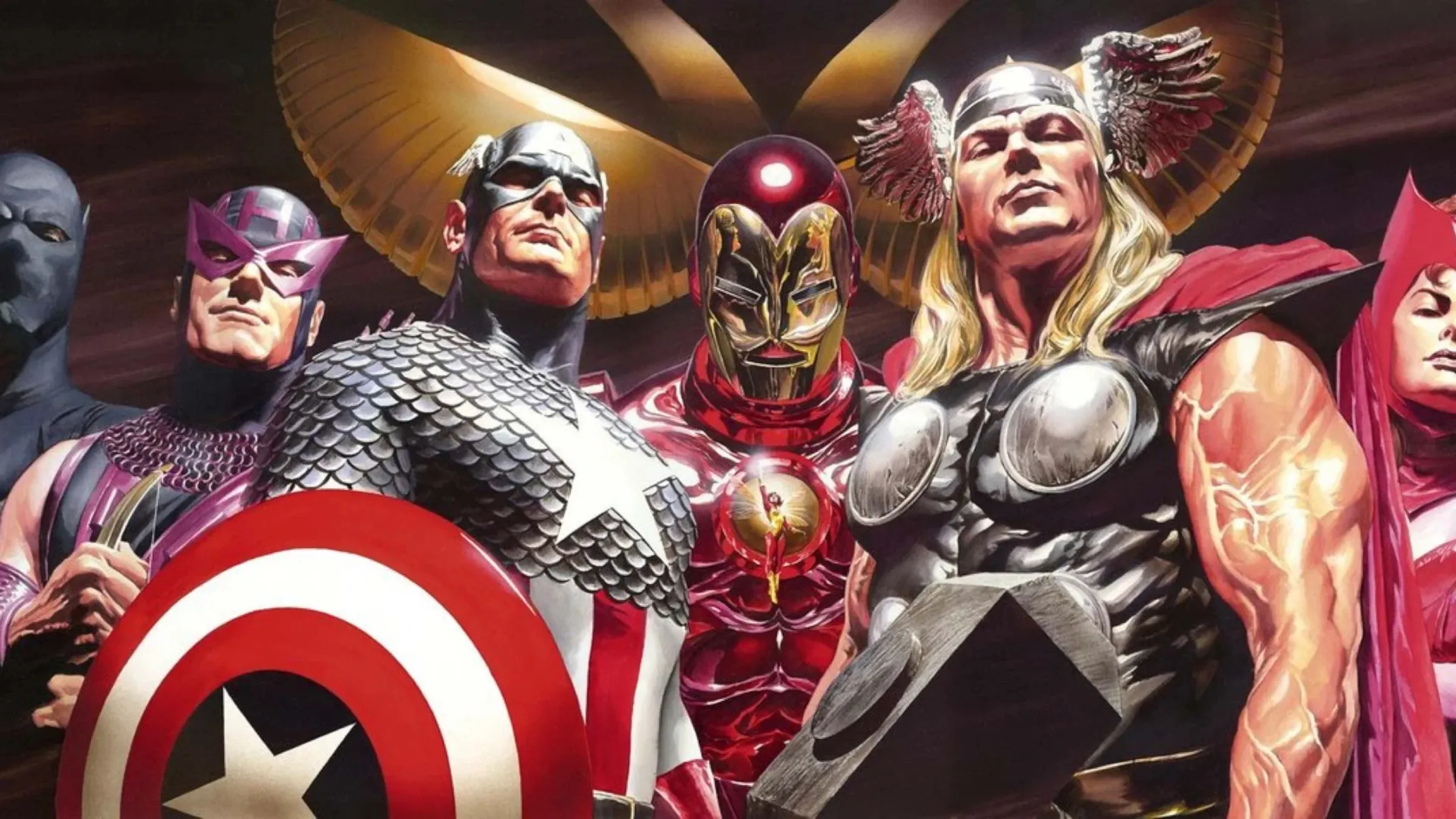
When people think of the Avengers, they usually picture a specific group of heroes. But the truth is, there’s no single, official Avengers team. While characters like Captain America, Thor, and Iron Man are often part of the lineup, even they’ve taken breaks. The team is always changing, with members joining and leaving frequently. In fact, the original, most well-known Avengers team disbanded after just 16 issues!
The Avengers aren’t held together by close relationships; they’re formed by whatever the world needs at the moment. They focus on saving the planet, so the team constantly changes, adding anyone with the skills to help. Though some members are core to the group, and the lineup is more consistent now, the Avengers have always been flexible, welcoming new faces and switching things up as required.
https://comicbook.com/comics/list/7-most-dangerous-avengers-in-marvel-history/embed/#
Read More
- Best Controller Settings for ARC Raiders
- DCU Nightwing Contender Addresses Casting Rumors & Reveals His Other Dream DC Role [Exclusive]
- Stephen Colbert Jokes This Could Be Next Job After Late Show Canceled
- Ashes of Creation Rogue Guide for Beginners
- 10 X-Men Batman Could Beat (Ranked By How Hard It’d Be)
- 7 Home Alone Moments That Still Make No Sense (And #2 Is a Plot Hole)
- Is XRP ETF the New Stock Market Rockstar? Find Out Why Everyone’s Obsessed!
- 10 Most Brutal Acts Of Revenge In Marvel Comics History
- Gold Rate Forecast
- Metroid Prime 4: Beyond Gets Rated T by ESRB for Release in North America
2025-11-02 19:15